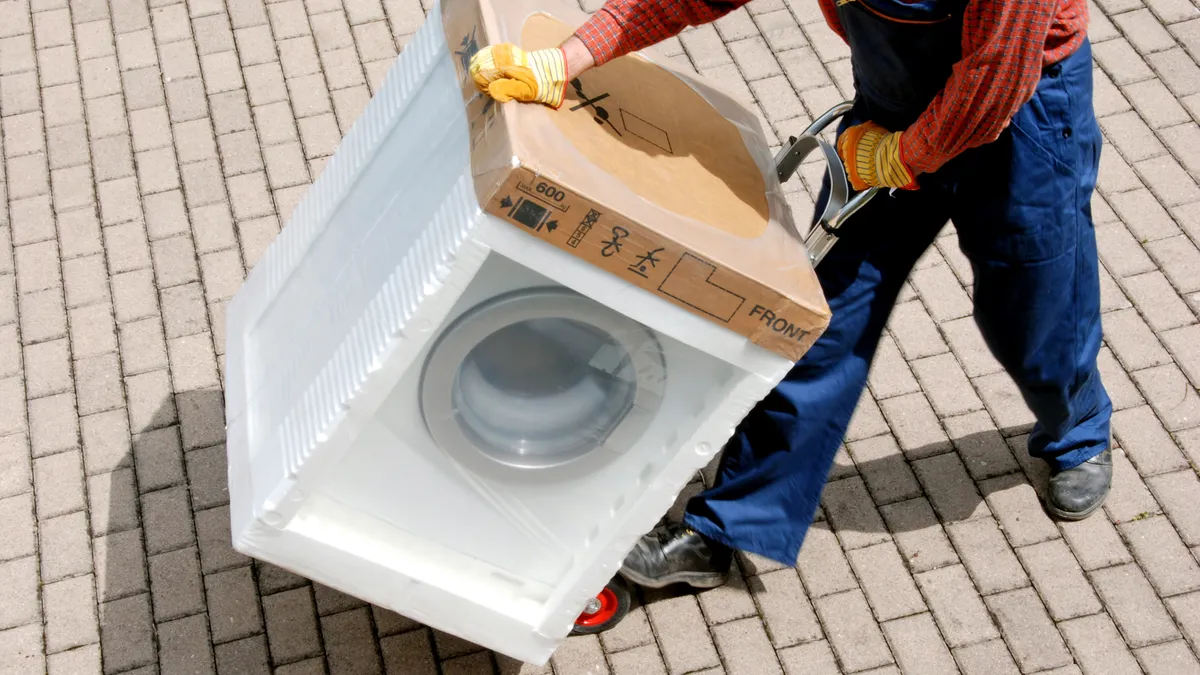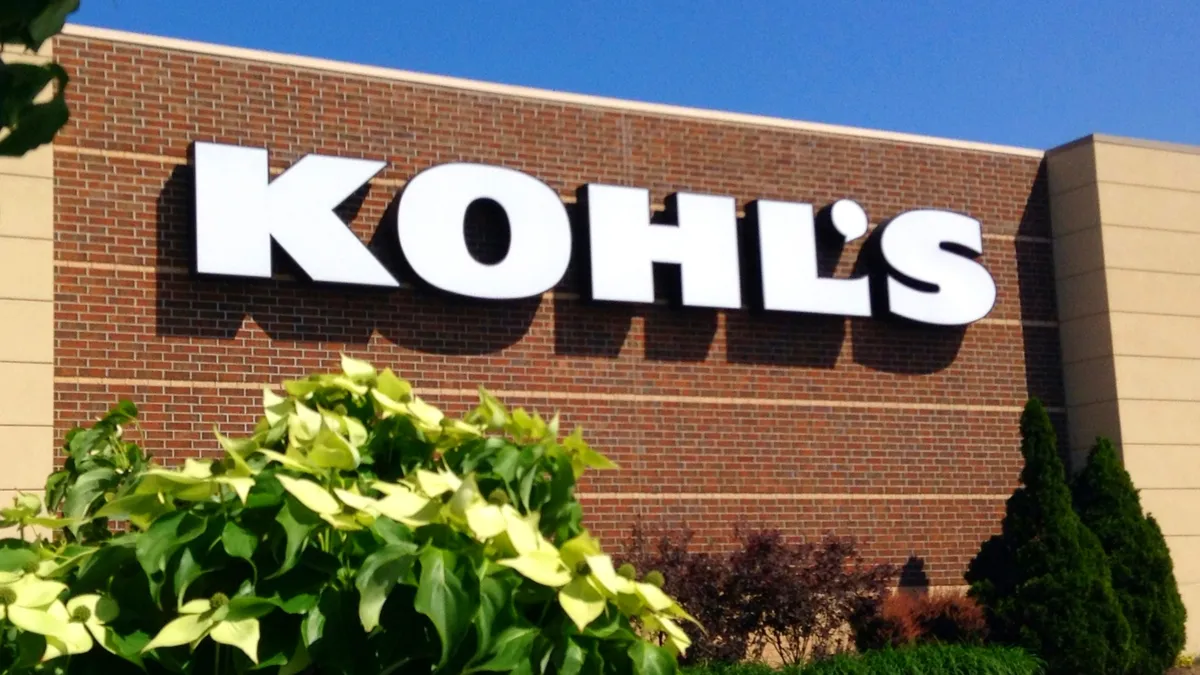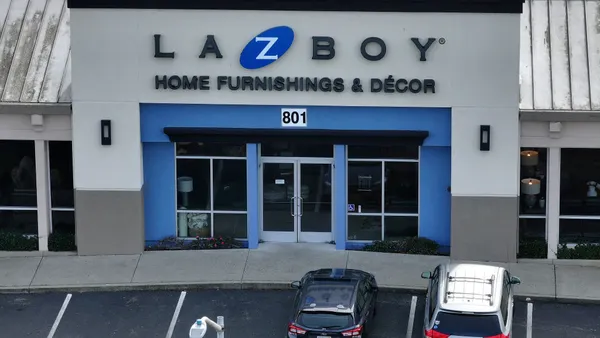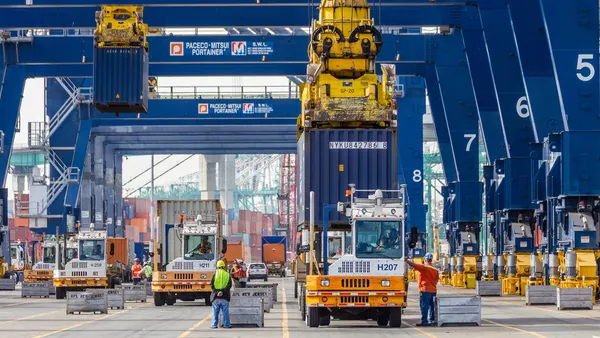Necessity drives invention in the logistics industry, where shipper needs have spurred everything from container shipping to robotic picking. It turns out that, like chocolate and peanut butter, combining two impactful logistics innovations can multiply the benefits.
That certainly applies to the last mile, where consumers expect everything to be delivered quickly and efficiently. A new combination of crowdsourced, on-demand delivery — the use of a gig workforce to enable ultrafast same- or next-day receipt of items — and cross-docking — a practice in which inbound inventory is sorted and reloaded directly onto outgoing vehicles without storing them — is giving businesses the option of fast and efficient last-mile delivery, even for big and bulky items.
As a result, businesses are now able to convert more shoppers, avoid extra costs and hassle, and thrill customers with speedy delivery, even for oversized items. This, in turn, drives increased revenue and customer loyalty.
Last mile challenges
The last mile is famously the most costly and challenging part of the supply chain — and arguably the most important. Gartner found customers are 21% more likely to repurchase if they’re satisfied with just the last-mile logistics aspect of their purchase.
While most supply chain segments employ highly efficient bulk transportation, the final segment quickly becomes complicated and expensive. Ensuring on-time, accurate, efficient and sustainable last-mile delivery is challenging, even before consumer expectations for next- or even same-day delivery up the ante.
If the item is big and bulky, things get even more complicated. For instance, oversized items such as a barbeque grill or bulk air filters wouldn’t fit on conveyors. They’re also hard to box up and may require special delivery equipment. That’s why big and bulky delivery has traditionally been slower, more expensive and difficult to manage and monitor. Generally, businesses are unable to offer ultrafast shipping, promise a specific delivery window or justify free or low-cost delivery fees for oversized items.
Enter crowdsourced delivery. Without having to fit into parcel or LTL carriers’ highly structured systems, awkwardly shaped and larger items can travel in gig drivers’ personal vehicles, straight from a distribution center or store to the customer’s doorstep.
“Crowdsourcing means no packaging, no additional fees or surcharges, and with all the speed, real-time tracking, delivery windows and notifications today’s customers value,” says Marc Gorlin, founder and CEO at logistics management and crowdsourced delivery platform Roadie, a UPS company.
Distribution meets gig drivers
Crowdsourcing has turned out to be a great model for many companies. But for some, setting up a process to connect each order with an individual gig driver can be complicated, especially in DCs requiring dedicated space and labor. Larger items may be tucked away into special areas, requiring additional effort and equipment to retrieve them when the gig drivers arrive.
There’s a solution for that, too: cross-docking. Instead of crowdsourced delivery-specific processes, fulfillment operators can do what they always do: pick and pack all orders to tender to carriers.
Orders earmarked for crowdsourced delivery are loaded into their own trailer, typically in the early morning. That truckload travels to a cross-dock facility specially designed for crowdsourced delivery. Orders can be quickly whisked through the facility and out the door for delivery that same day — even the big items.
1 + 1 = 3
This powerful combination is cracking the code on the last mile, especially for oversized items, Gorlin says. Roadie recently announced a combined crowdsourced delivery and cross-docking solution.
“RoadieXD™ enables retailers to deliver the rowing machines their customers ordered anywhere, even over the threshold in some markets, as quickly as the same day,” says Marc Gorlin, Roadie’s founder and CEO. “Or their mini-fridge, or their barbecue grill, or a 50-pound bag of dog food. With our new cross-docking solution, all of that becomes easy.”
The combination of cross-docks and crowdsourcing with Roadie enables you to deliver items up to 200 pounds and up to 12 feet in length within a 100-mile radius of each cross-dock facility. “Because Roadie is a wholly owned UPS subsidiary, UPS customers enjoy special benefits when using RoadieXD™,” Gorlin says. “This includes unified billing and full visibility with UPS tracking milestones — and it works with customers’ existing UPS integrations.”
According to Alix Partners, 34% of shippers are already pursuing alternative carrier providers such as crowdsourced delivery to improve the quality and cost of home delivery. Adding cross-docking to the mix can compound the benefits, enabling cost-effective, ultrafast home delivery with minimal impact on current operations — and happier customers.
To see if combining crowdsourcing and cross-docking with Roadie makes sense for your business, contact Roadie today.










